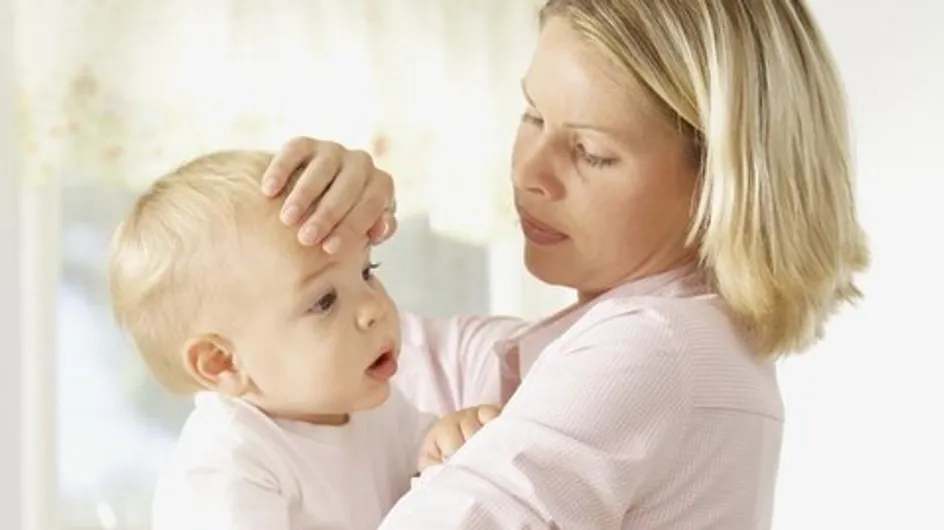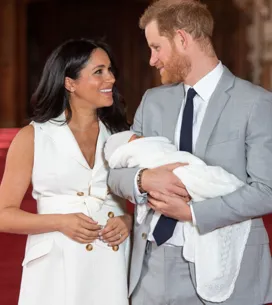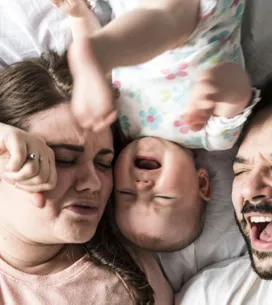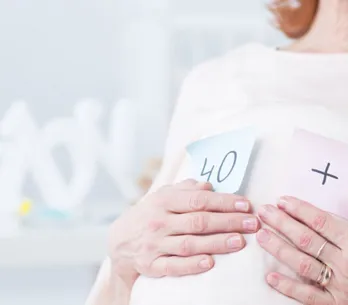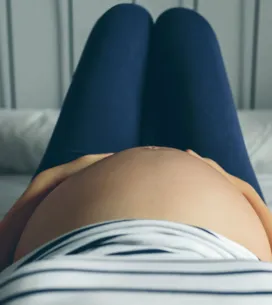What you need to know about fever
A child is considered to have a fever when body temperature exceeds 38°C. This natural phenomenon, which is normally without serious consequences, allows the body to fight against infections - hence why stopping a weak fever isn’t always necessary. Nevertheless, if body temperature exceeds 38.5°C, it can make your baby feel very unwell and may even lead to convulsions (muscular spasms). If episodes of fever occur regularly, you should consult a doctor, even if baby seems to be coping well. Look out for other signs that accompany fever: diarrhoea, changes in mood, excessive tiredness, a red skin rash, breathing difficulties, etc.
When to consult a doctor
If your baby is under 6 months old, you should consult a doctor. If your baby is older than 6 months old, he/she is coping well and the fever isn’t too high, you can care for hi/her yourself. Nevertheless, if the fever lasts for 2 or 3 days or if your baby develops convulsions, you should consult a doctor.
How to relieve fever in babies
- Remove extra layers of clothing or bedding, but don’t take all the clothes off.
- Get your baby to drink regularly.
- Keep the room temperature between 18-20°C.
- Although most medicines are not suitable for babies under 3 months old, your doctor may prescribe them under certain circumstances. If your baby is older than 3 months old, you can use medicine such as Calpol infant suspension, Disprol soluble paracetamol tablets, Nurofen for Children or Medinol Under 6 oral suspension, for example. Only give your baby one of these types of medicine, and don’t give any other medicine without consulting your doctor first. Your doctor will be able to advise you on the amount to give and how often it should be given.
What not to do
In the past, mothers were advised to bath babies in water at a temperature 2°C lower than the baby's body temperature, but health professionals no longer advise this because it does little to help and it can often make the baby feel worse.
